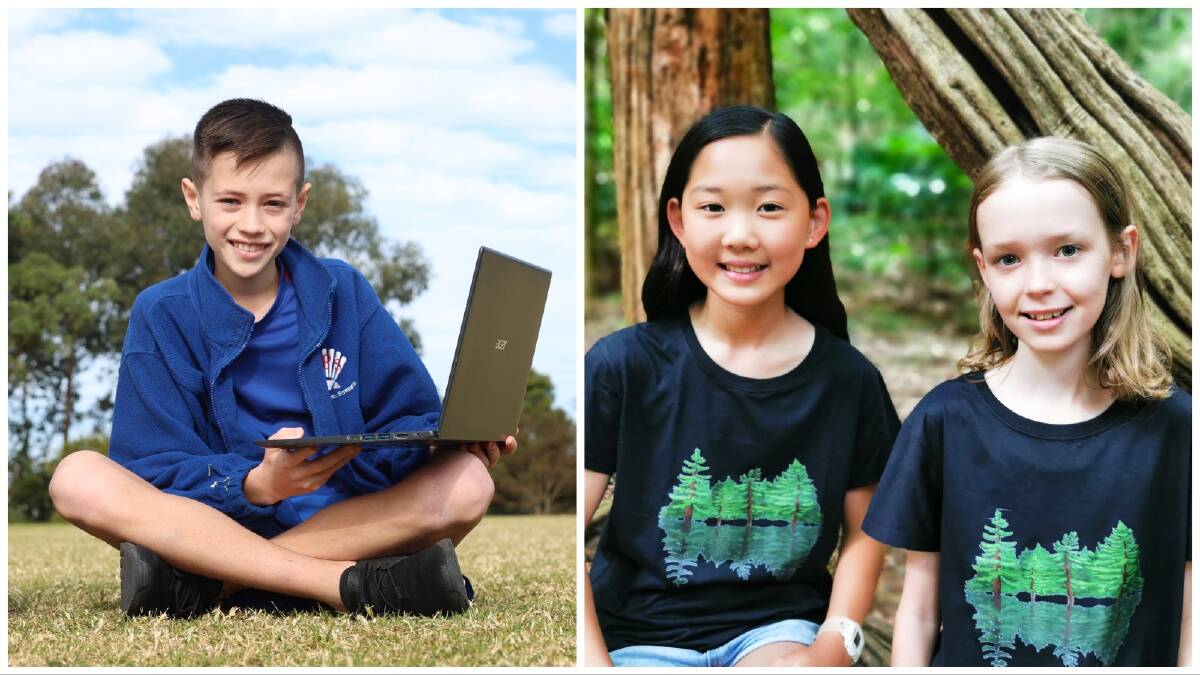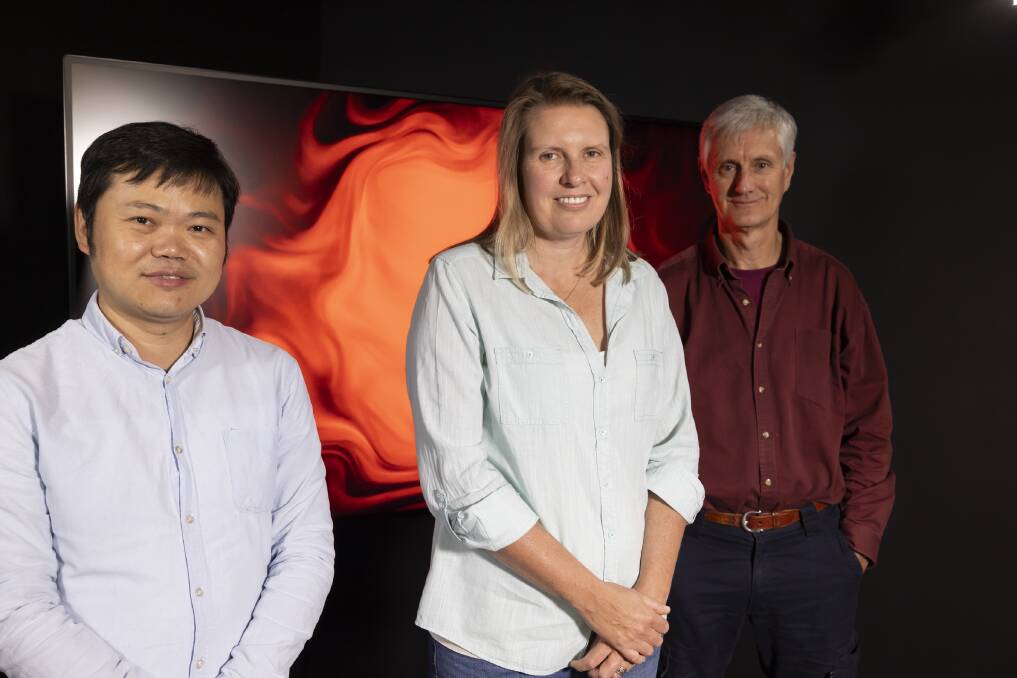
Scroll down to watch the videos that landed them finalists ...
Subscribe now for unlimited access.
$0/
(min cost $0)
or signup to continue reading
A bunch of pint-sized science lovers from Illawarra primary schools plus time travellers from the University of Wollongong are among 55 finalists for the nation's leading science awards, the Australian Museum Eureka Prizes.
The awards offers up $180,000 in prize money across a broad spectrum of science, from environmental sustainability to cutting-edge technology, citizen science initiatives, leadership, and mentoring.
Students from Wollongong and Shellharbour Public Schools were two out of three finalist submissions for the Sleek Geeks Science prize, for their home-made videos around the secrets of trees and the human eye.
Shellharbour Public School principal Chris Klein said he was impressed by Year 6 student Chase Mathein's video (Nurinnurun-Green) as it was completely made at home.
"The whole school community is positively affected when students achieve at such high levels," Mr Klein said.
Chase said when this year's theme was announced for the student category, he began researching everything green.
"My research taught me ... there is a small wavelength of green in both the red and yellow colours," the student said.
"I used drones and stop motion to produce a high-quality video that I worked on during the Term 1 holiday."
Year 6 students Sophia Lee and Scarlett Pawson used timelapse animation, graphics and drone footage to explain the secrets shared by trees - the mycelium networks and their role in the forest.
Meantime, researchers from the University of Wollongong are also up for an award for Excellence in Interdisciplinary Scientific Research.
Known as "The Time Travellers" - Bo Li, Zenobia Jacobs and Richard 'Bert' Roberts - have been collaborating with archaeologists and geneticists to find out more about the elusive Denisovans, an ancient group of humans once widespread across Asia.
They've combined new methods of dating sediments with clues collected from ancient DNA, fossils and artefacts to create a timeline of their activities and the climatic conditions they experienced.

The awards have been running for 33 years, with many winners going on to become global leaders.
"Like Professor Emma Johnson, who transformed marine ecology research, and Professor Alan Duffy, who has brought complex astronomy to the public with simple analogies," said Australian Museum Director and CEO Kim McKay.
"The global leadership of our laureates resonates beyond the scientific community and into everyday life."
The AM Eureka Prizes winners will be announced on Wednesday, 23 August, at a ceremony held at the Australian Museum. A livestream of the awards will also be available online.
You can read our stories without having to sign in all the time by downloading the app in the Apple Store or Google Play.


